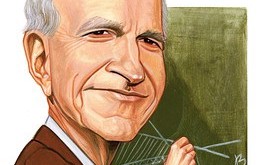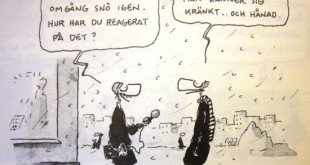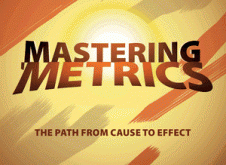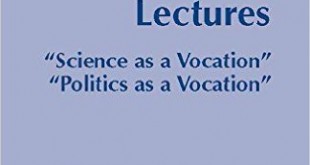Economic science does an excellent job of displacing bad ideas with good ones. It’s happening every day. For every person who places obstacles in the way of good science to protect his or her turf, there are five more who are willing to publish innovative papers in good journals, and to promote revolutionary ideas that might be destructive for the powers-that-be. The state of macro is sound – not that we have solved all the problems in the world, or don’t need a good revolution. Stephen...
Read More »Human capital and ‘bad taste in mouth’ models
Human capital and ‘bad taste in mouth’ models The ever-growing literature on human capital has long recognized that the scope of the theory extends well beyond the traditional analysis of schooling and on-the-job training … Yet economists have ignored the analysis of an important class of activities which can and should be brought within the purview of the theory. A prime example of this class is brushing teeth. The conventional analysis of toothbrushing has centered around two basic...
Read More »Economic growth
I came to think about this dictum when reading Thomas Piketty’s Capital in the Tenty-First Century. Piketty refuses to use the term ‘human capital’ in his inequality analysis. I think there are many good reasons not to include ‘human capital’ in economic analyses. Let me just give one — perhaps analytically the most important one — reason and elaborate a little on that. In modern endogenous growth theory knowledge (ideas) is presented as the locomotive of growth. But as Allyn Young,...
Read More »Famous blue raincoat
[embedded content]
Read More »Intolerance against intolerance
We teachers do our best to be Socratic, to get our job of re-education, secularization, and liberalization done by conversational exchange. That is true up to a point, but what about assigning books like Black Boy, The Diary of Anne Frank, and Becoming a Man? The racist or fundamentalist parents of our students say that in a truly democratic society the students should not be forced to read books by such people – black people, Jewish people, homosexual people. They will protest that these...
Read More »Offending offenders
[embedded content] Seems to be a universal trend. Even in Sweden we have lots of people who are offended by anything …
Read More »Free rider problem
[embedded content]
Read More »Econometrics and the ’empirical turn’ in economics
Econometrics and the ’empirical turn’ in economics The increasing use of natural and quasi-natural experiments in economics during the last couple of decades has led some economists to triumphantly declare it as a major step on a recent path toward empirics, where instead of being a deductive philosophy, economics is now increasingly becoming an inductive science. In their plaidoyer for this view, the work of Joshua Angrist and Jörn-Steffen Pischke is often apostrophized, so lets start with...
Read More »Vienna (personal)
Back in the 80’s yours truly had the pleasure of studying at University of Vienna. I wish I could visit it again. A wonderful town full of history and Kaffeehäuser. When not studying I used to listen to Leonard Cohen: [embedded content]
Read More »Science — a strange intoxication
Science — a strange intoxication Only by strict specialization can the scientific worker become fully conscious, for once and perhaps never again in his lifetime, that he has achieved something that will endure. A really definitive and good accomplishment is today always a specialized accomplishment. And whoever lacks the capacity to put on blinders, so to speak, and to come up to the idea that the fate of his soul depends upon whether or not he makes the correct conjecture at this...
Read More » Lars P. Syll
Lars P. Syll







